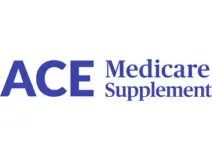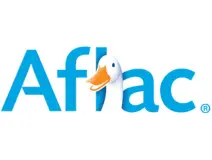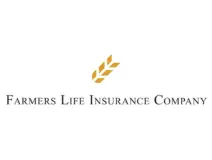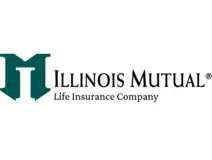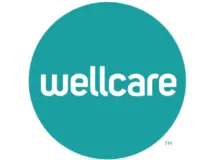Medicare Terms – L
Late Enrollment Penalty (Part D)
The late enrollment penalty is an amount added to your Medicare Part D monthly premium. You’ll pay this extra amount for as long as you have a Medicare drug plan. You can get a late enrollment penalty if you go without creditable coverage for at least 63 days in a row (after your Initial Enrollment Period). If you get Extra Help, you don’t pay the late penalty.
Lifetime Reserve Days
In Original Medicare, these are additional days that Medicare will pay for when you’re in a hospital for more than 90 days. You have a total of 60 reserve days that can be used during your lifetime. For each lifetime reserve day, Medicare pays all covered costs except for a daily coinsurance.
Limiting Charge
In Original Medicare, the highest amount of money you can be charged for a covered service by doctors and other health care suppliers who don’t accept assignment. The limiting charge is 15% over Medicare’s approved amount. The limiting charge only applies to certain services and doesn’t apply to supplies or equipment.
Living Will
A written legal document, also called a “medical directive” or “advance directive.” It shows what type of treatments you want or don’t want in case you can’t speak for yourself, like whether you want life support. Usually, this document only comes into effect if you’re unconscious.
Long-Term Care
Services that include medical and non-medical care provided to people who are unable to perform basic activities of daily living, like dressing or bathing. Long-term supports and services can be provided at home, in the community, in assisted living, or in nursing homes. Individuals may need long-term supports and services at any age. Medicare and most health insurance plans don’t pay for long-term care.
Long-Term Care Hospital
Acute care hospitals that provide treatment for patients who stay, on average, more than 25 days. Most patients are transferred from an intensive or critical care unit.
Low-Income Subsidy (LIS)
See “Extra Help”

